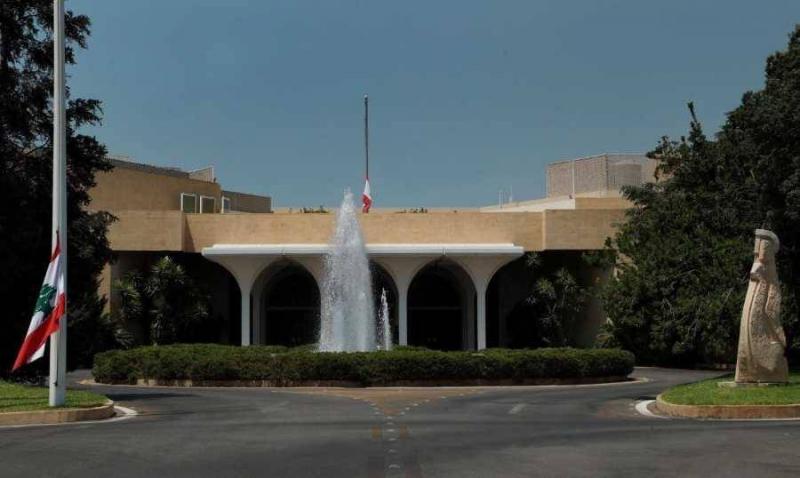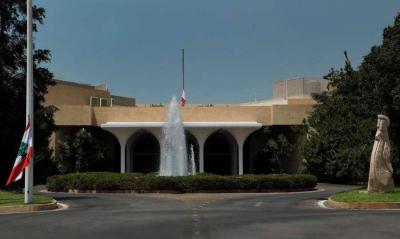In the government file, the circles of the presidential palace in Baalbek are entering a pressure phase at the beginning of the week to expedite the scheduling of the binding parliamentary consultations for naming a prime minister tasked with forming a new government. This comes especially after the Dar al-Fatwa, following a meeting of the Higher Spiritual Council, delivered a clear message about the necessity to "adhere to the constitution and democratic system to form a government as soon as possible," warning against replicating "the previous experiences of delaying the formation of a new government and electing a new president of the state." Furthermore, Maronite Patriarch Bechara Al-Rahi pointed out yesterday the ongoing "tendency to obstruct and the mentality of destruction" in managing constitutional obligations, expressing surprise over the level of "indifference and irresponsibility."
While waiting for the approaches of the change-making deputies regarding the government entitlement to become clearer in the coming hours, sources from the "Lebanese Forces" stressed to "Nidaa al-Watan" that the commissioning of any prime minister "requires an agreement among the various opposition components on the standards that constitute the essential entry point for traversing towards a state project, which alone represents salvation for all Lebanese."
According to "Nidaa al-Watan," the "Forces" sources enumerated some criteria that form the foundation for any agreement and naming, which include: the designated prime minister must not have any suspicion of corruption or any deals, directly or indirectly, and must commit to staying away from anything related to a national unity government. They should prioritize the approval of the internal regulations of the Council of Ministers and refrain from dedicating any ministerial portfolio to any particular sect. The upcoming government should be a majority government opposed by a minority in the parliament. Additionally, the commitment to the principle of separating parliamentary representation from ministerial positions and restoring the strategic decision-making power of the state is essential. The government should formulate foreign policy without any group having the right to disrupt Lebanon's external relations and should place military and security decisions in Lebanon under the command of the Lebanese Army.
The sources concluded by highlighting the necessity for the majority of the opposition components to agree on a candidate to be named, so that the consultations for commissioning serve as a pathway to naming, not merely to score points. They emphasized that through the commissioning, the designated prime minister sets the criteria that restore the credibility of governments that can lead Lebanon out of its crisis.




